Содержание
- 2. What do we find in Europe ca. 1000? Disintegration of the early mediaeval polities (the Empire
- 3. Feudal fragmentation
- 4. Feudal fragmentation in Russia
- 5. Feudal system and seigniorial order
- 10. How many knights could the feudal system afford?
- 15. Constant political struggle
- 16. Crisis!!! Feudal wars!!! (1000 - 1100)
- 17. Crisis in medieval Europe: ad mortem festinamus
- 18. Great Byzantine empire and Seljuk Turks
- 20. Turks next to Constantinople
- 21. Ἀλέξιος Α' Κομνηνός (1056/1057 — 1118)
- 22. Council of Clermont (1095)
- 23. Council of Clermont (1095)
- 24. First crusade (1096 – 1099)
- 25. Godfrey of Bouillon
- 26. …his brother Eustace III, Count of Boulogne…
- 27. …his brother Baudouin de Boulogne, who will become the 1st Latin king of Jerusalem
- 28. Raymond IV, Count of Toulouse / Raymond de Saint-Gilles
- 29. Hugh, Count of Vermandois, a younger son of Henry I of France and Anne of Kiev
- 30. Stephen, Count of Blois, father of Stephen of England
- 31. Robert "Curthose”, Duke of Normandy claimant to the throne of England
- 32. Robert II, Count of Flanders
- 33. Bohemond I de Hauteville, Prince of Taranto -> 1st Prince of Antioch
- 34. …and his nephew Tancred de Hauteville -> Prince of Galilee
- 35. First crusade (1096 – 1099)
- 36. First crusade (1096 – 1099)
- 37. The crusader states
- 38. The following crusades
- 39. The Second Crusade (1145–1149) - response to the fall of the County of Edessa to the
- 40. Ṣalāḥ ad-Dīn Yūsuf ibn Ayyūb (1137 or 1138 – March 1193) … united the Muslims and
- 41. The participants of the Third Crusade (1189–1192). It was pan-European! King Richard the Lionheart King Philip
- 42. The Third Crusade (1189–1192)
- 43. The Third Crusade (1189–1192)
- 44. The fourth crusade (1204)
- 45. The aftermath of the crusades
- 46. Latin Romania Colonial expansion of the Genoese republic
- 47. The Mongol conquest
- 48. Political struggle
- 49. The Treaty of Nymphaeum and the restoration of the Byzantine Empire
- 50. The gates of the Black Sea Pera (Galata) in Constantinople
- 51. The Genoese tower in Galata
- 52. Trebizond
- 53. Southern Black Sea – Samastro (Amastris)
- 54. What about Crimea?
- 55. Genoese possessions in Crimea (by late 14th c.)
- 56. Caffa is famous for transmitting the Black Death to Europe, but believe me, there are many
- 57. Caffa nowadays
- 58. … a multicultural society in the Middle Ages
- 59. Caffa – the main pivot of the Genoese colonial empire
- 60. Soldaia (nowadays Sudak)
- 61. Cembalo…
- 62. Also known as Balaklava and Symbolon Limen (Homer, Odyssey, X, 87 - 94.) ἔνθ᾽ ἐπεὶ ἐς
- 64. Tana (nowadays Azov)
- 65. Massariae Caffae (ASG, San Giorgio)
- 66. Massariae report a great amount of data on the history of business and trade dynamics.
- 67. Caffiote embassy to Mamai, a powerful military in the 1370s.
- 69. The author of the sources depicted by himself
- 71. Notice the individual sign of the notary and the signatures of the witnesses
- 73. Modern colonialism? The concept of continuity, or in other words the absence of a gap, between
- 74. Транснациональная история (World / Global / Transnational History)
- 75. Pax Mongolica, affecting all Eastern Europe and Russia
- 76. What about Russia in the 11th – 13th centuries? Constant political struggle Feudal fragmentation Interacting with
- 77. Constant political struggle
- 78. Борис и Глеб на конях. Икона. XIV век.
- 83. The world of STEPPE
- 86. После побоища Игоря Святославича с половцами
- 89. Мозаика: «Комсомольская – кольцевая». 1963.
- 90. Корин. Реквием. Эскиз
- 91. Корин. Портрет М. К. Холмогорова. 1944
- 92. Нестеров. Святой Александр Невский, 1885-1893
- 93. Александр Невский, князь Новгорода, разбил немецких. Сергей Эйзенштейн «Александр Невский»
- 94. Александр Невский. Ф. Моллер. 1856 г.
- 95. Ю.П.Пантюхтг. За Землю Русскую! Александр Невский, левая часть триптиха, холст ,масло Соколов-Скаля П.П. Народ. Эскиз. 1941
- 96. Щербаков А. Дзысь И. Ледовое побоище
- 99. Видение отроку Варфоломею
- 106. Нестеров Михаил Васильевич. Автопортрет. 1915.
- 107. ВЕЛИКИЙ ПОСТРИГ
- 108. М.В.Нестеров. Труды преподобного Сергия. Триптих (фрагмент)
- 109. СТРАННИК НА БЕРЕГУ РЕКИ
- 110. «ОТЦЫ ПУСТЫННИКИ И ЖЕНЫ НЕПОРОЧНЫ»
- 111. Нестеров Михаил Васильевич. Юность Преподобного Сергия.
- 112. На Руси (Душа народа)
- 115. Скачать презентацию



















































































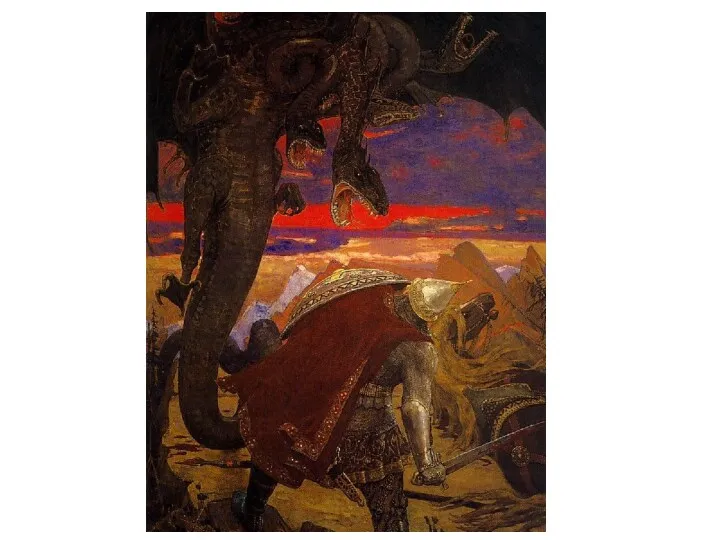

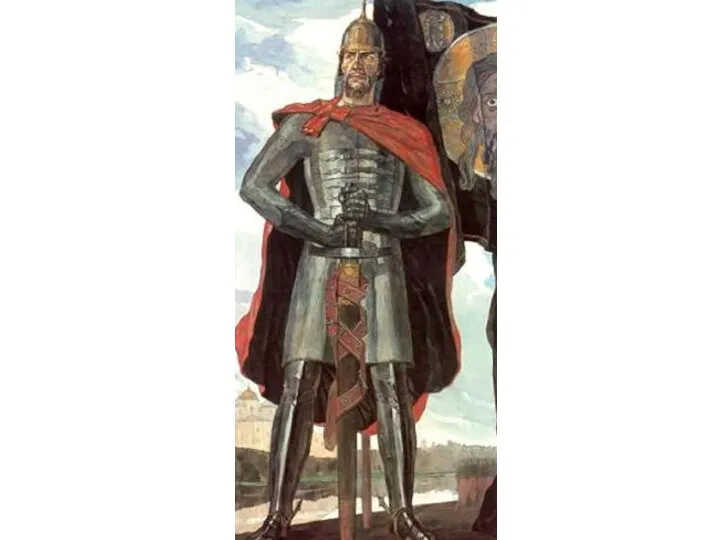
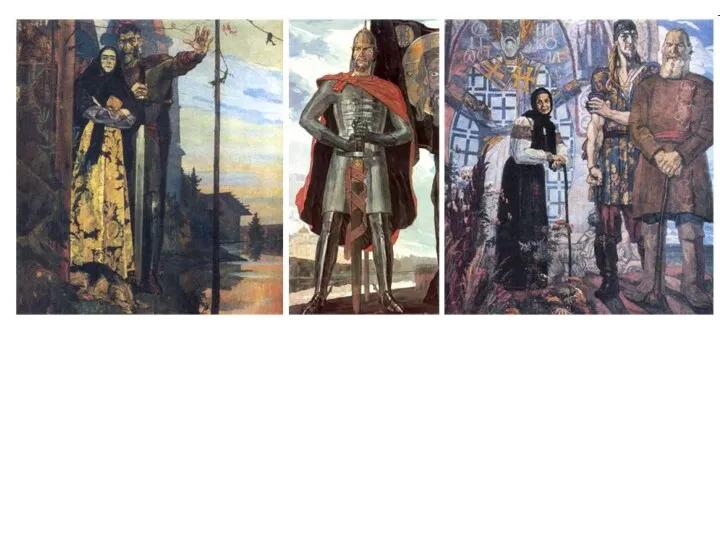
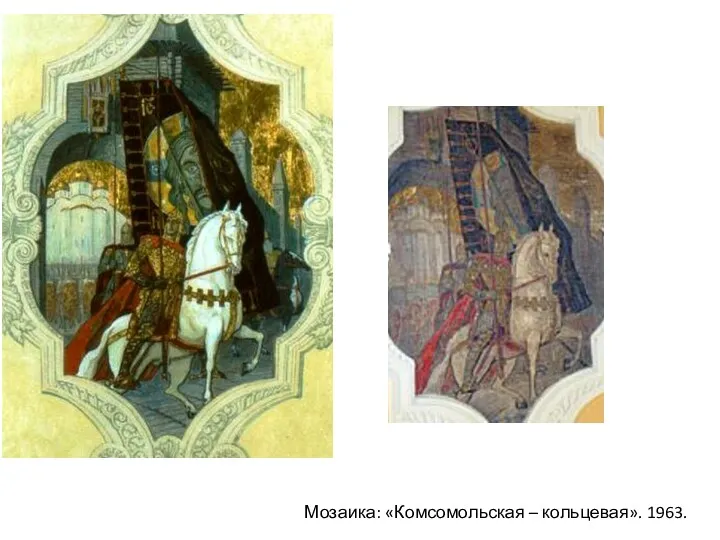
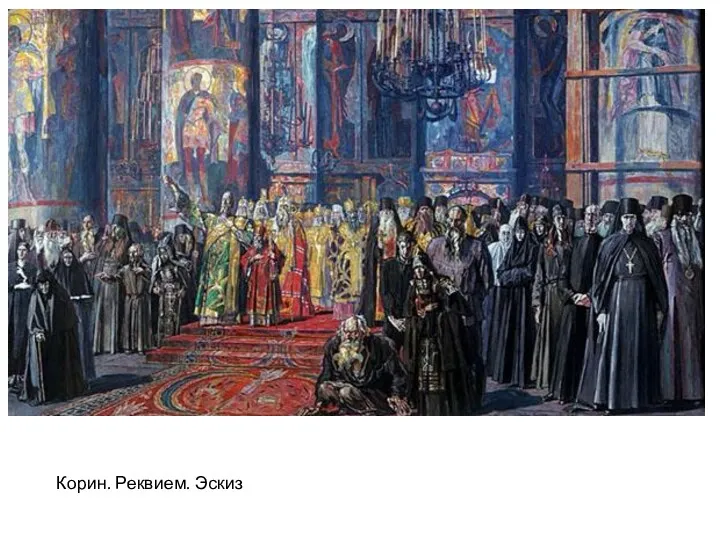
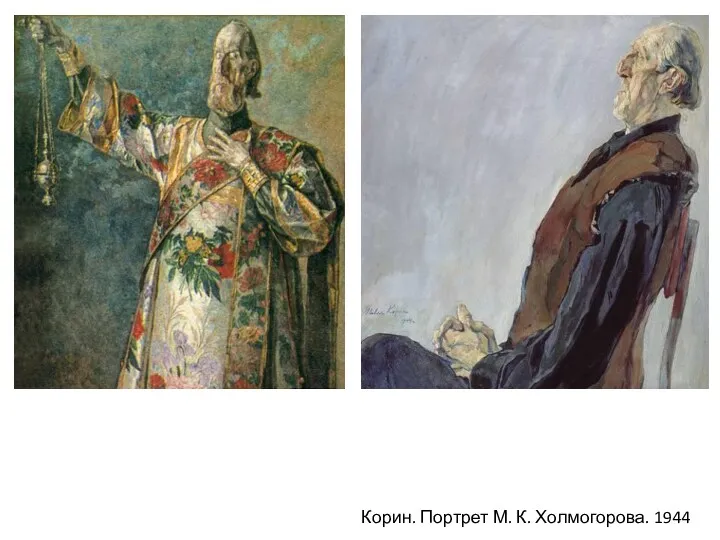
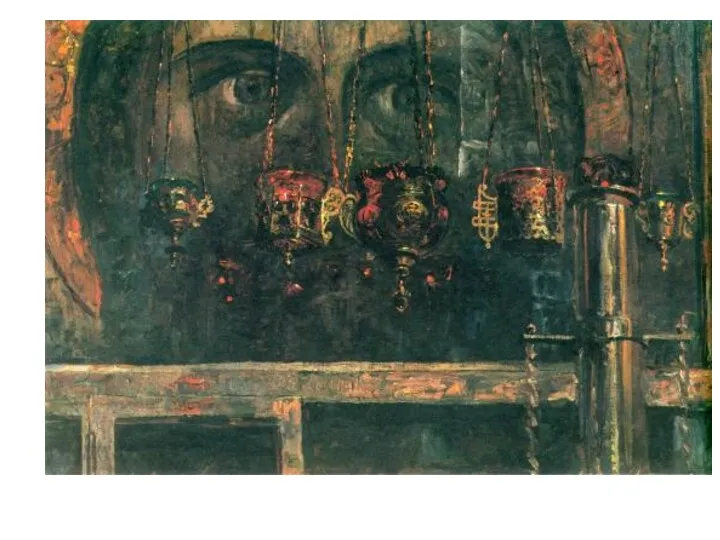
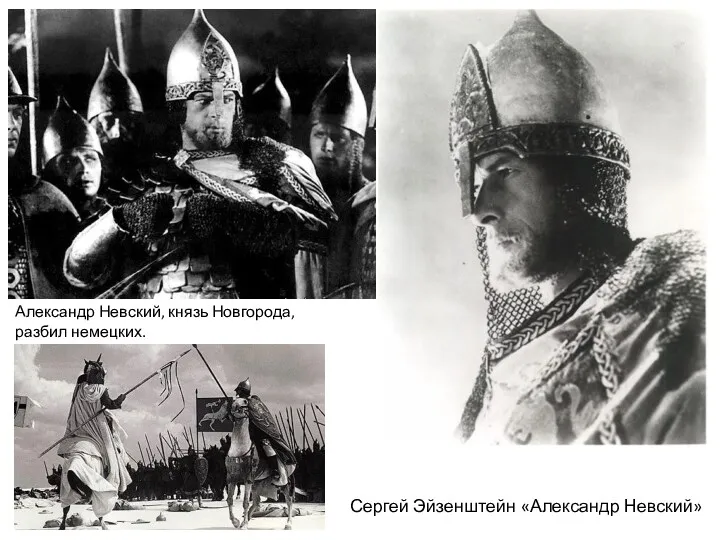
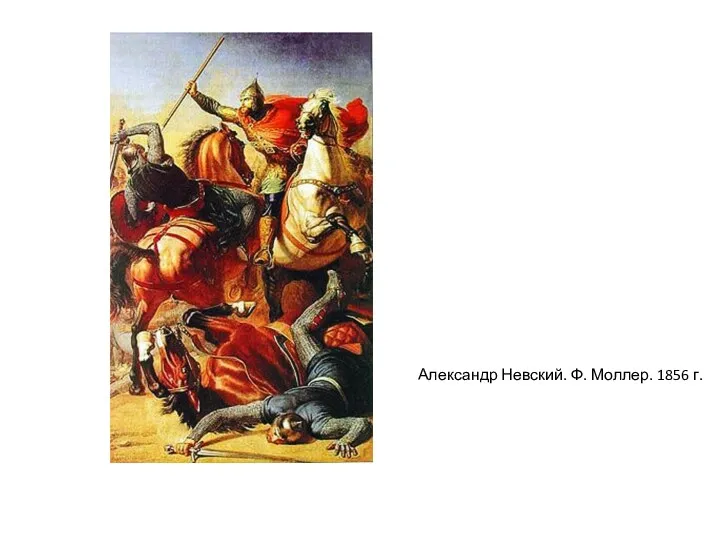
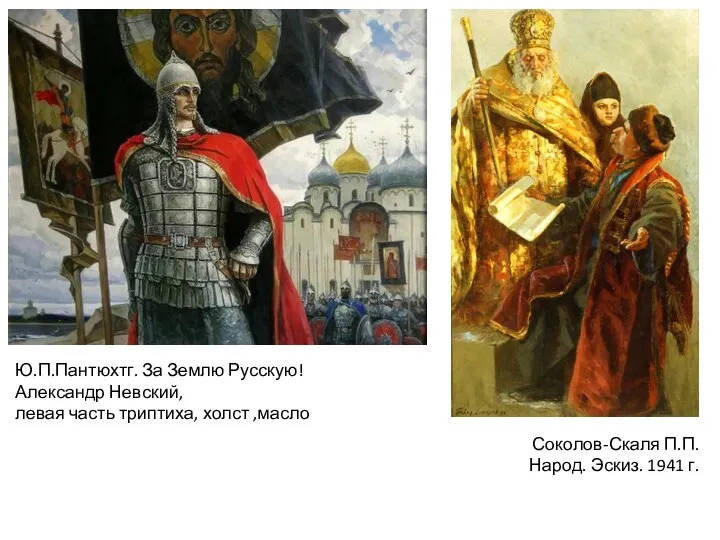
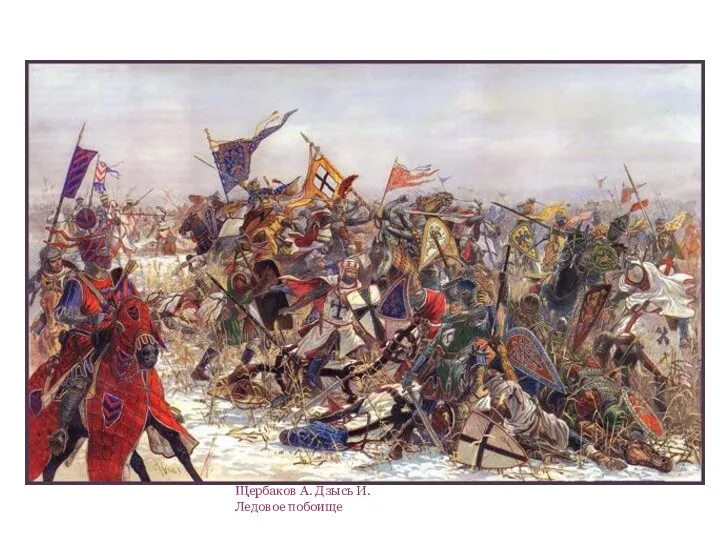
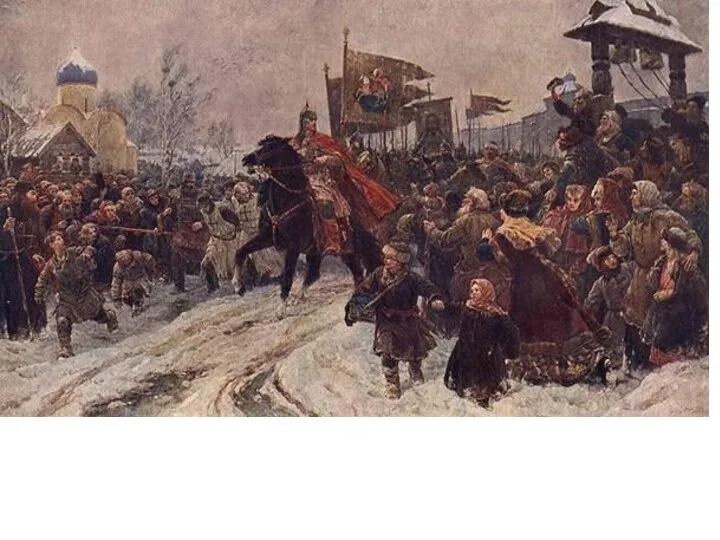
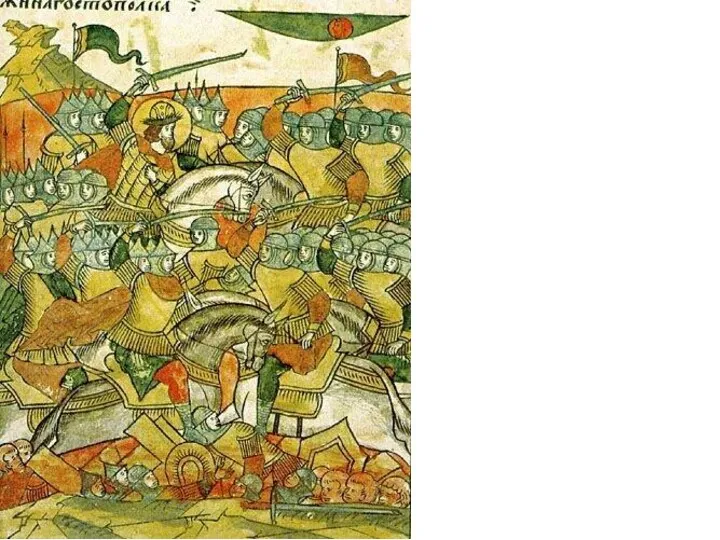
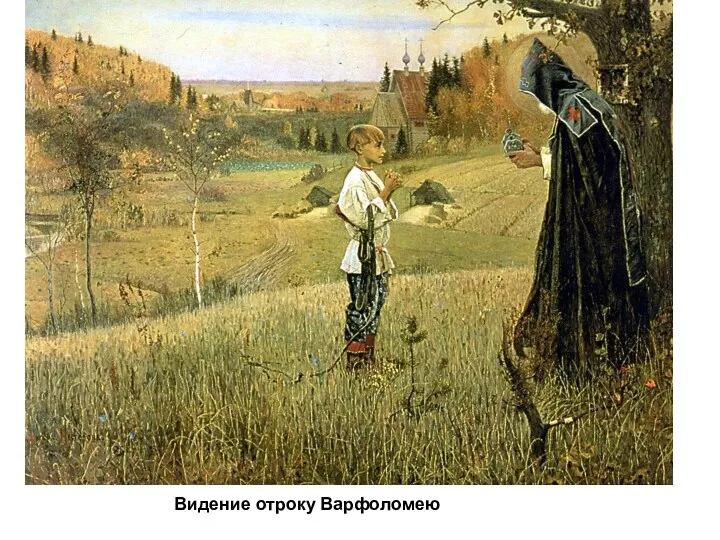
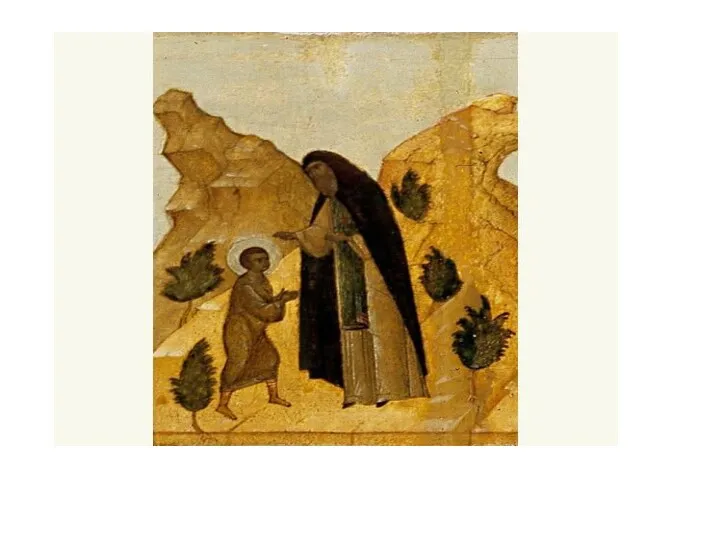
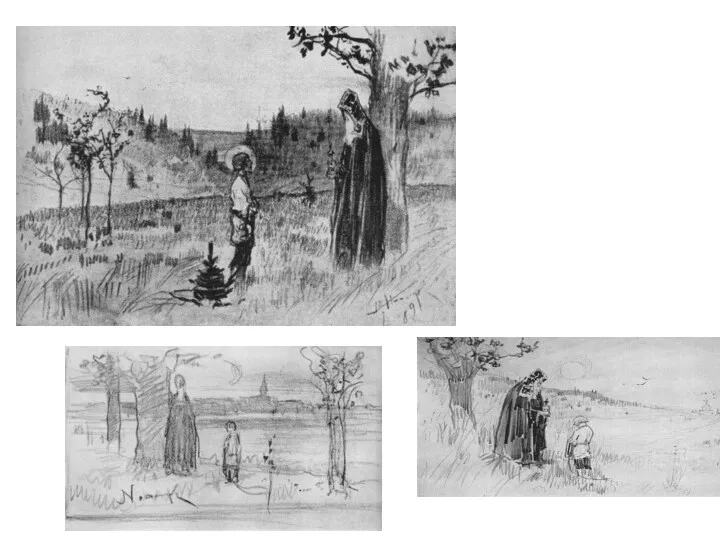
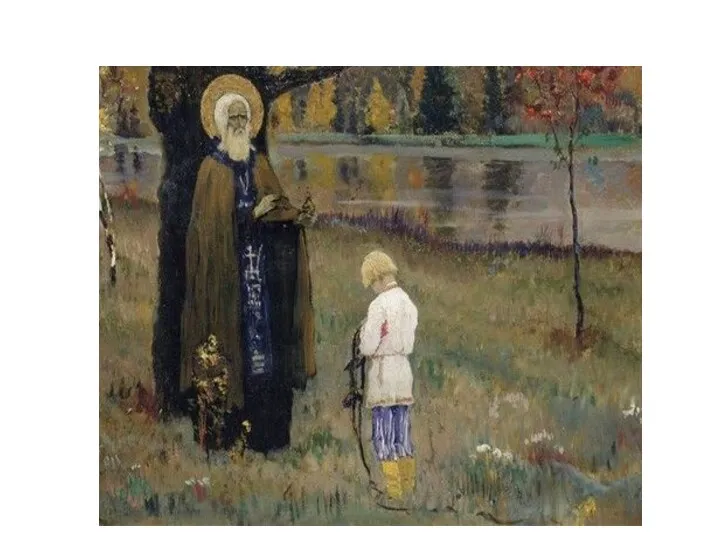
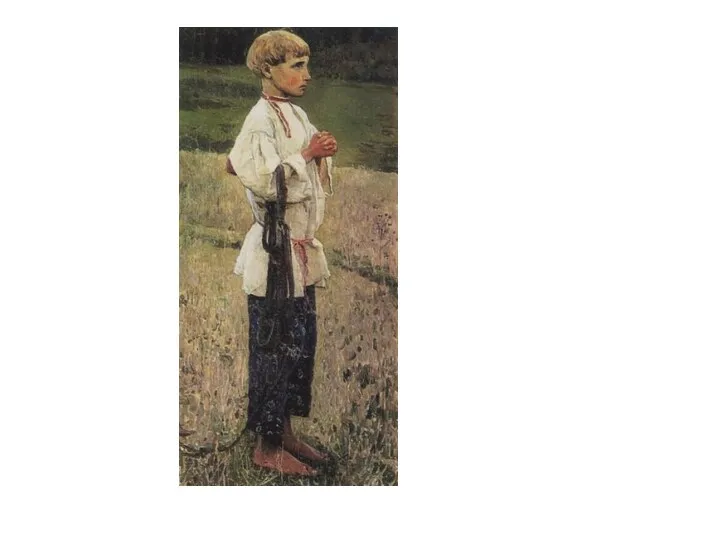
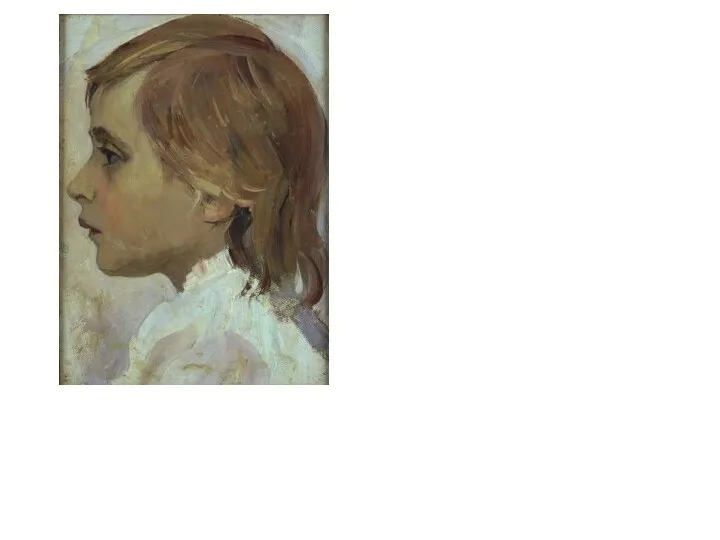
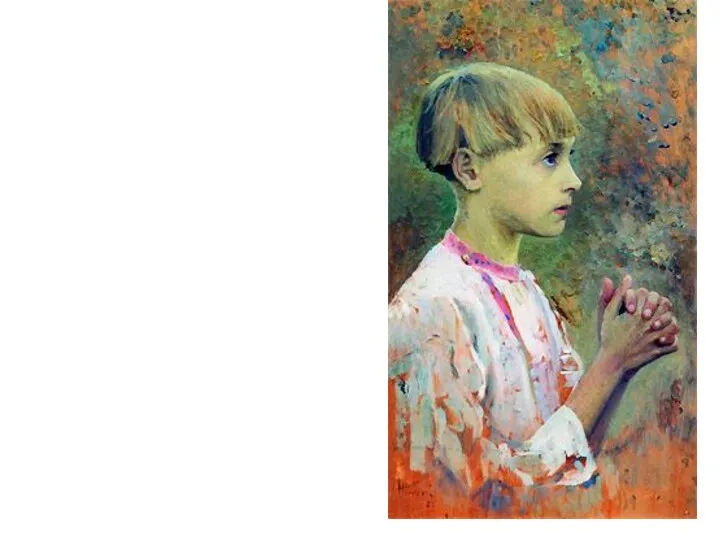
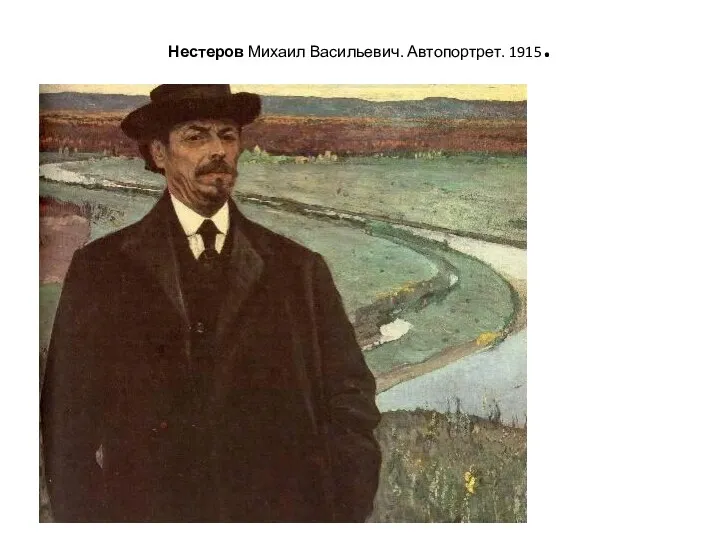
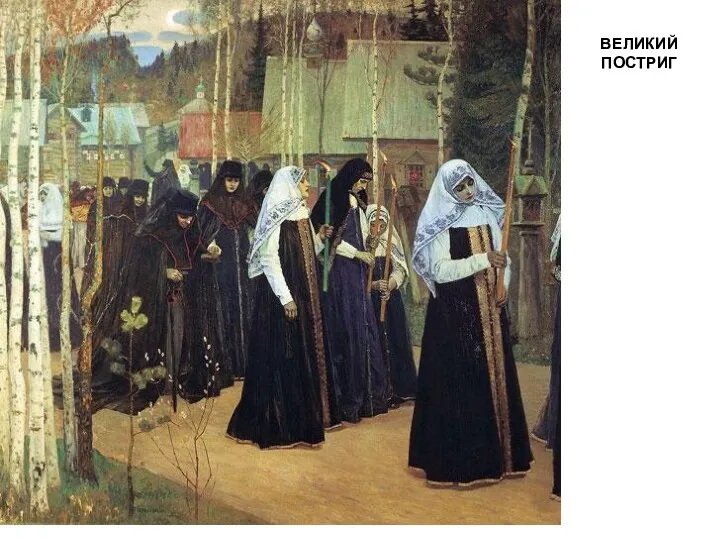
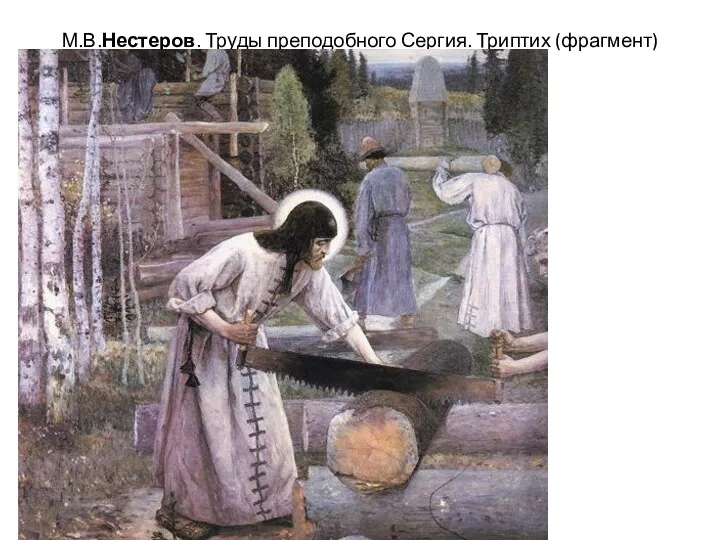
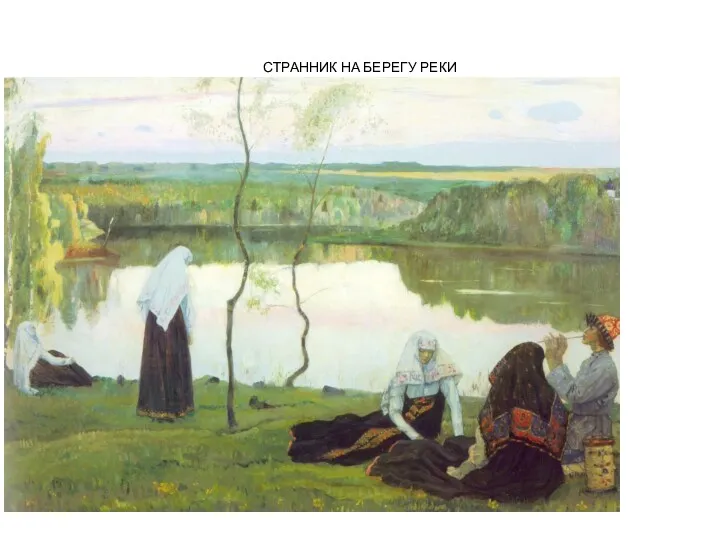
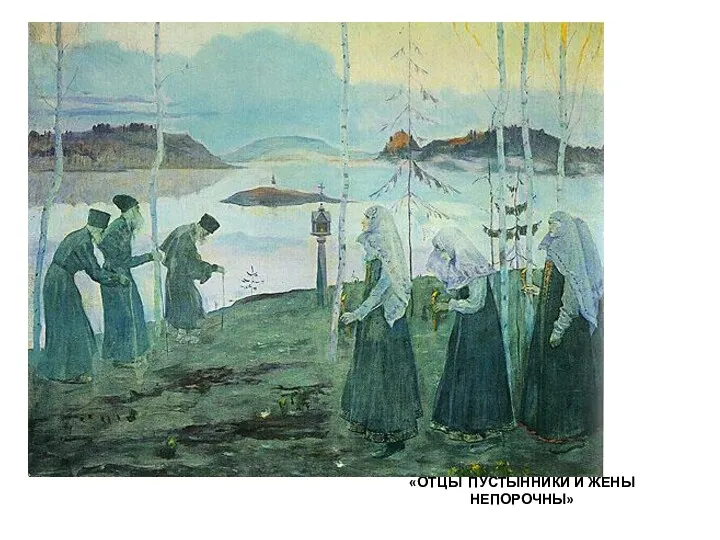
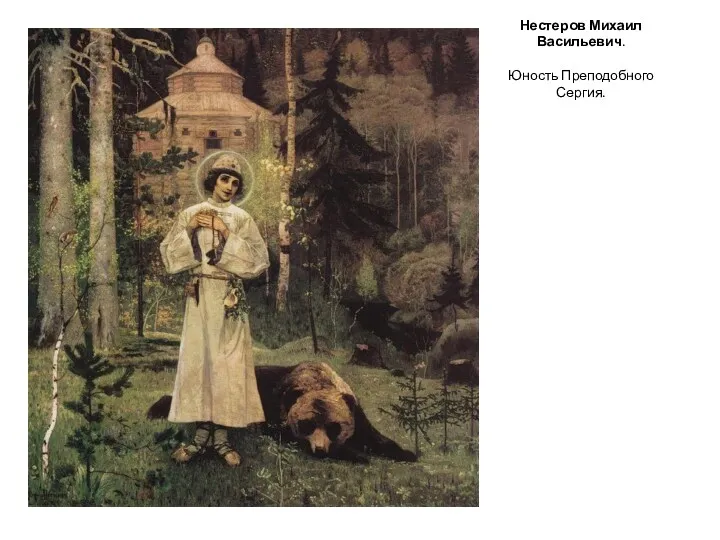
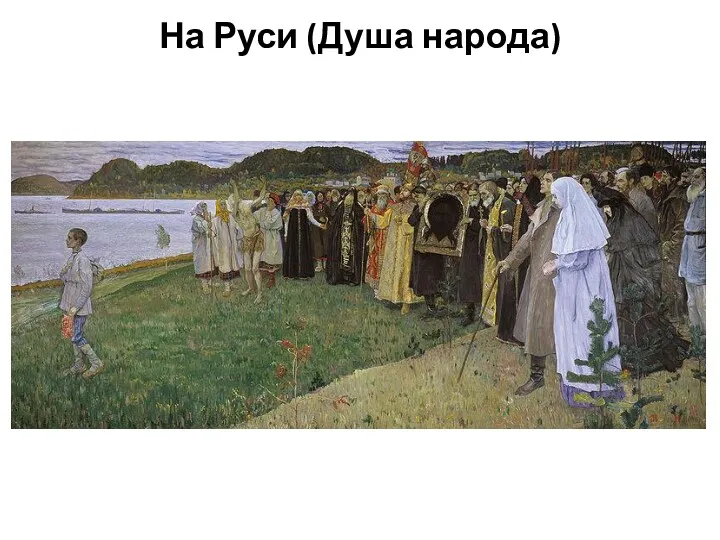
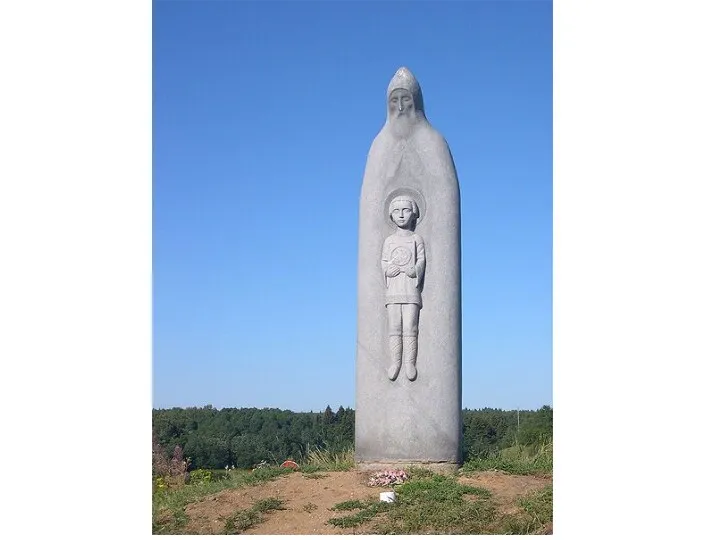
 Терракотовая армия императора Цинь Шихуана
Терракотовая армия императора Цинь Шихуана Новая экономическая политика
Новая экономическая политика Российская империя на рубеже XIX-XX веков
Российская империя на рубеже XIX-XX веков Город Краснодар
Город Краснодар Исламский мир: единство и многообразие
Исламский мир: единство и многообразие Завоевания Александра Македонского
Завоевания Александра Македонского Россия во второй половине XIX века
Россия во второй половине XIX века Английская буржуазная революция (обобщающий урок)
Английская буржуазная революция (обобщающий урок) Древняя Русь ΧΙΙ – начале ΧΙΙΙ вв
Древняя Русь ΧΙΙ – начале ΧΙΙΙ вв ВПР по истории. Задание № 1
ВПР по истории. Задание № 1 Тарихи тұлғалар тағылымы
Тарихи тұлғалар тағылымы Феодальные общества и их языки
Феодальные общества и их языки Презентация по истории Политическая раздробленность на Руси (Office 2007)
Презентация по истории Политическая раздробленность на Руси (Office 2007) Реформы Петра I
Реформы Петра I Welcome to Arzamas
Welcome to Arzamas Who Rules the Country?
Who Rules the Country? Первая Мировая война. Общая причина войны
Первая Мировая война. Общая причина войны Гражданская война в России
Гражданская война в России Культура России в 10 - 13 веке
Культура России в 10 - 13 веке Есть в марте день особый
Есть в марте день особый Стоянки древних людей на реке Водле
Стоянки древних людей на реке Водле Эпоха пяти династий и десяти царств
Эпоха пяти династий и десяти царств История песни Катюша
История песни Катюша Развитие общества. 8 класс
Развитие общества. 8 класс Наддніпрянська Україна в другій половині ХІХ століття
Наддніпрянська Україна в другій половині ХІХ століття #однанавсехПобеда
#однанавсехПобеда Доба романтизму. Архітектура доби романтизму
Доба романтизму. Архітектура доби романтизму Великие ораторы
Великие ораторы